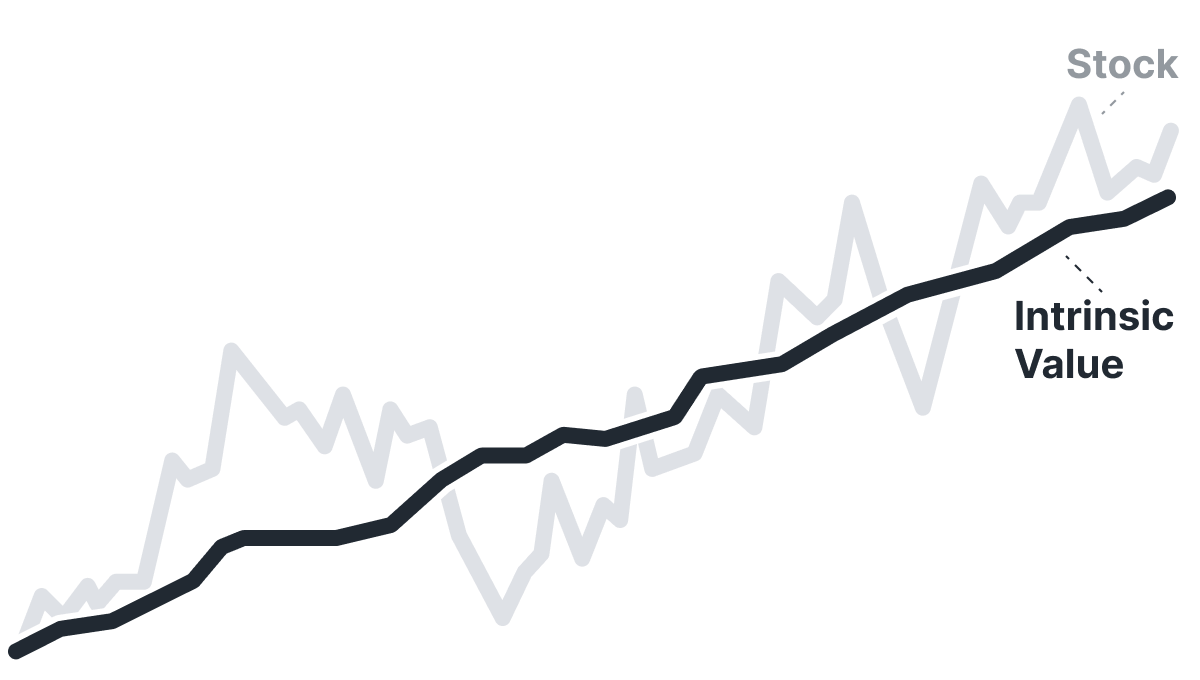

Boeing Co
NYSE:BA

Intrinsic Value
The intrinsic value of one
 BA
stock under the Base Case scenario is
hidden
USD.
Compared to the current market price of 228.69 USD,
Boeing Co
is
hidden
.
BA
stock under the Base Case scenario is
hidden
USD.
Compared to the current market price of 228.69 USD,
Boeing Co
is
hidden
.
Valuation History
Boeing Co

BA looks overvalued. Yet it might still be cheap by its own standards. Some stocks live permanently above intrinsic value; Historical Valuation reveals whether BA usually does or if today's premium is unusual.
Learn how current stock valuations stack up against historical averages to gauge true investment potential.

Let our AI compare Alpha Spread’s intrinsic value with external valuations from Simply Wall St, GuruFocus, ValueInvesting.io, Seeking Alpha, and others.
Let our AI break down the key assumptions behind the intrinsic value calculation for Boeing Co.
Fundamental Analysis
Revenue & Expenses Breakdown
Boeing Co

Earnings Waterfall
Boeing Co

The intrinsic value of one
 BA
stock under the Base Case scenario is
hidden
USD.
BA
stock under the Base Case scenario is
hidden
USD.
Compared to the current market price of 228.69 USD,
 Boeing Co
is
hidden
.
Boeing Co
is
hidden
.


